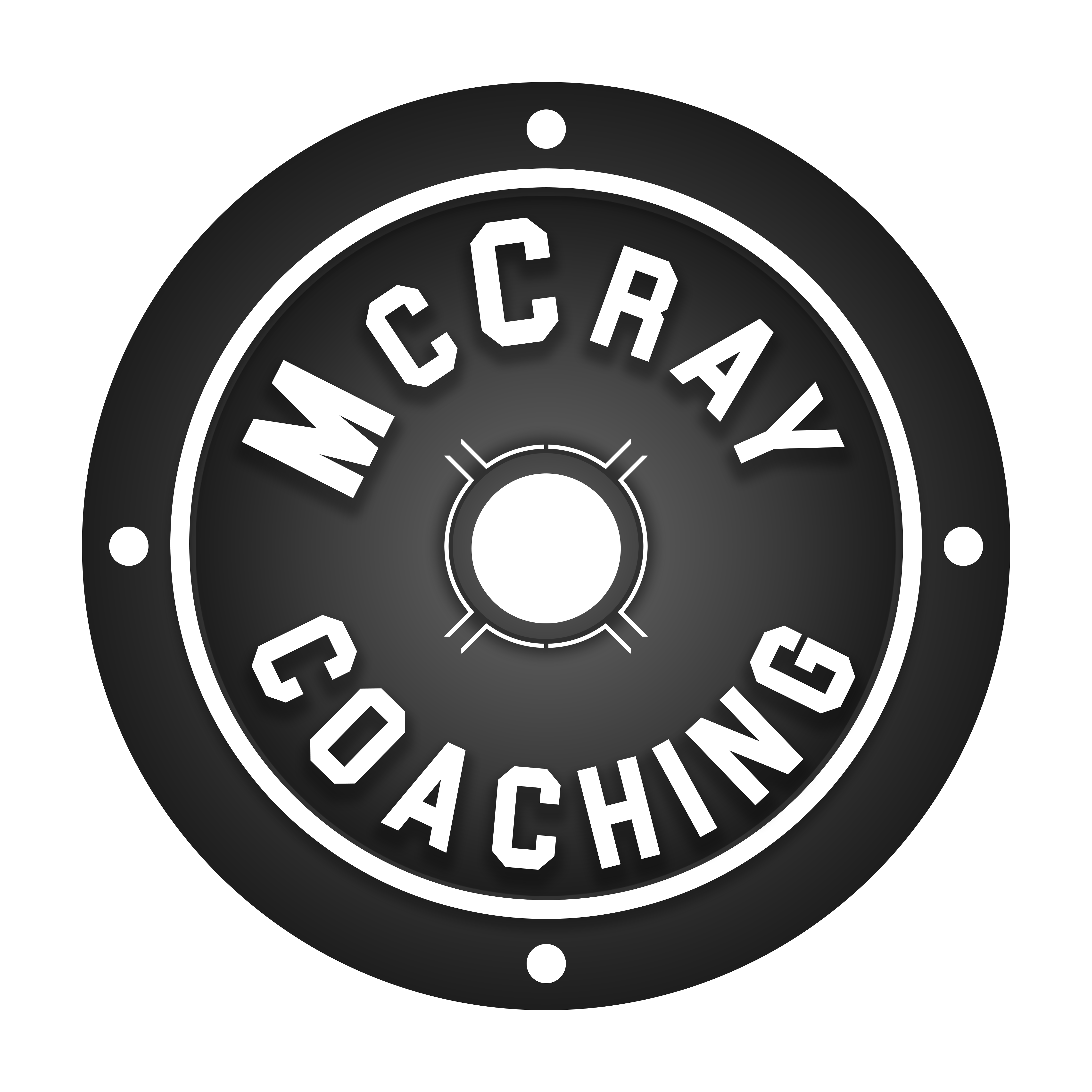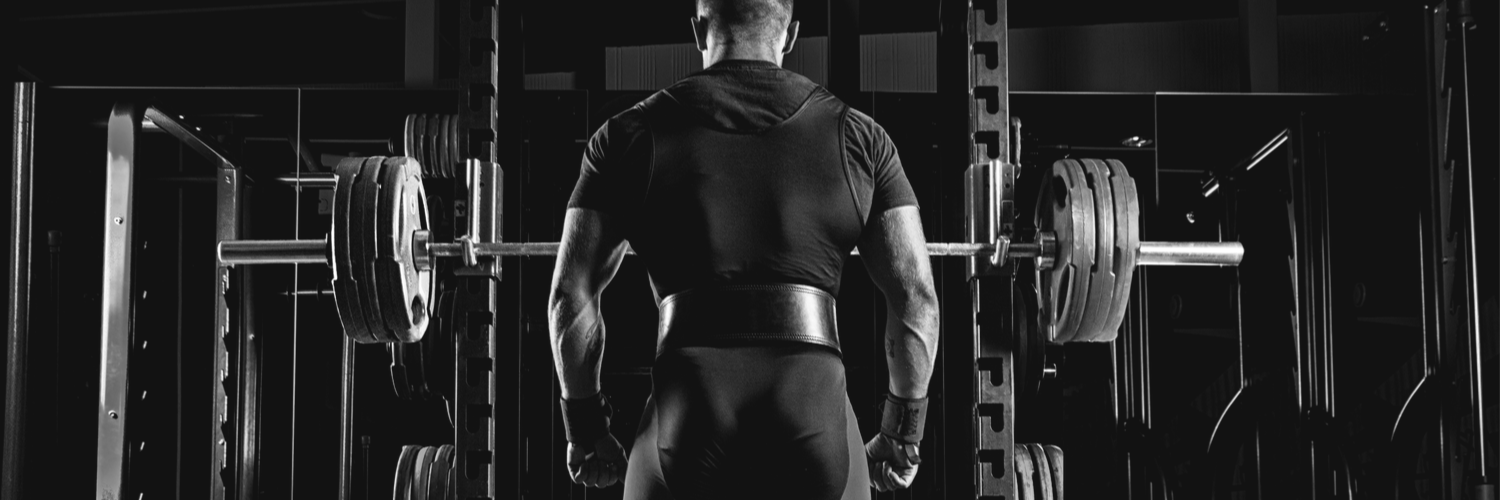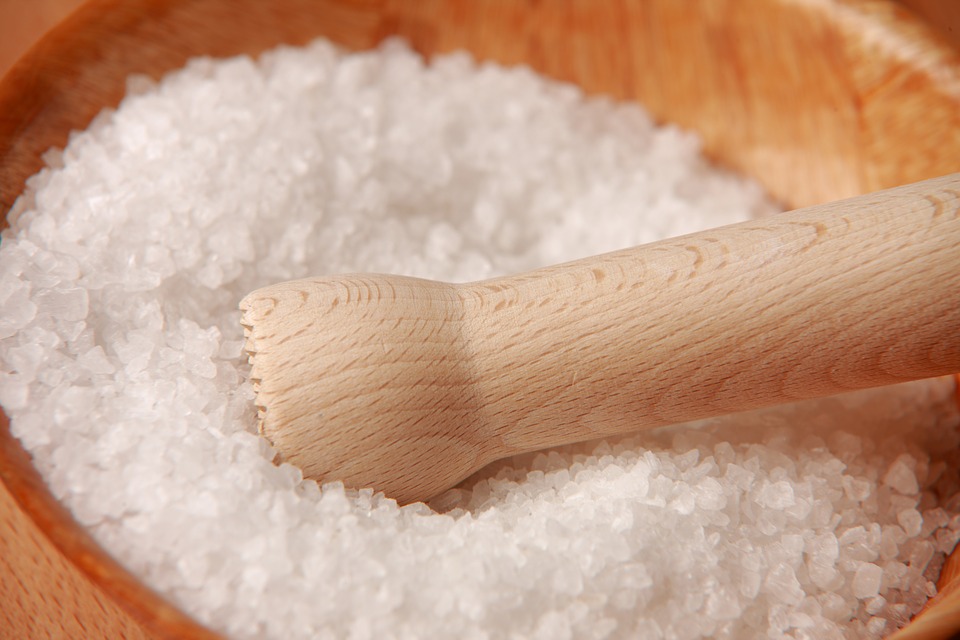As a bodybuilder and a coach, I know that many competitive physique athletes sometimes adopt a “food is fuel” mentality and claim that flavor is secondary, although many times I think it’s likely that we’re just trying to convince ourselves. For the vast majority of the people I meet in the fitness industry, many of whom are just trying to eat healthier, the flavor of food is a concern, and a valid one.
I want to be very transparent about my feelings on this. Eating in a healthy way in pursuit of your fitness goals and enjoying food DO NOT have to be mutually exclusive of each other. There are many ways one can enhance or improve the flavor of your fitness-friendly foods that won’t end up derailing your goals. Knowing the basic nutritional facts about your favorite seasonings and condiments can tell you a lot about what you can use freely, use sparingly, and avoid altogether.
However, I find that one seasoning is both the most common and the most misunderstood ingredient in your kitchen. It is also the one basic ingredient that can be used more effectively than any others to enhance the flavor of food – SALT.
Wait a minute, isn’t salt supposedly bad for you? I mean, if we’re trying to be healthy, aren’t we supposed to be following diets that are low in sodium? The answer: NOT NECESSARILY.
I don’t want to create unnecessary confusion here. Clearly, if your doctor has instructed you to follow a low-sodium diet, listen to your doctor. There are some legitimate reasons why certain people should limit their sodium intake. Those individuals who have high blood pressure, have suffered a stroke, and many who have a family history of high blood pressure or strokes, may want to limit their sodium intake. Additionally, some people are simply sensitive to sodium, and if you experience significant bloating or discomfort (due to water retention) after a meal that is high in sodium, you may want to limit your intake of salt. Further, there is also a correlation between high-salt diets and stomach cancer, although the research on this is incomplete.
However, diets can actually be TOO LOW in salt, and this can have negative effects on the body, especially for athletes. Salt is actually a compound composed of two important electrolytes, sodium and chloride. Sodium plays a role in muscle contractions, and when sodium is lost through perspiration, this can lead to muscle cramping. Sodium is also involved in proper nerve function and maintaining blood volume and blood pressure. Chloride, like all other electrolytes, is involved in everything from nerve impulses to fluid balance. Very low levels of chloride can lead to an excessive build-up of carbon dioxide in the blood, causing the blood to be more acidic.
Further, several studies have shown that low-salt diets can have negative effects on cholesterol and triglyceride levels. Insulin resistance can also be a result of low-salt diets. And, while this may seem counter-intuitive, extremely low-sodium levels can also lead to water retention.
In conclusion, here’s my take on this. Unless you have a specific medical reason not to, it’s absolutely ok to put moderate amounts of salt on your food. If you’re generally avoiding processed foods (which I strongly encourage) you’re very likely in complete control over your salt intake. For competitive bodybuilders and physique athletes, there may be reasons to restrict sodium as you near your competition (and by that I mean within a week – there’s just no good reason to cut out salt for weeks in advance), but this will only be for short periods. The rest of the time – SALT YOUR FOOD. Your food will taste better, making it more likely that you will stick to your meal plan, and you may actually feel and perform better in the gym.


